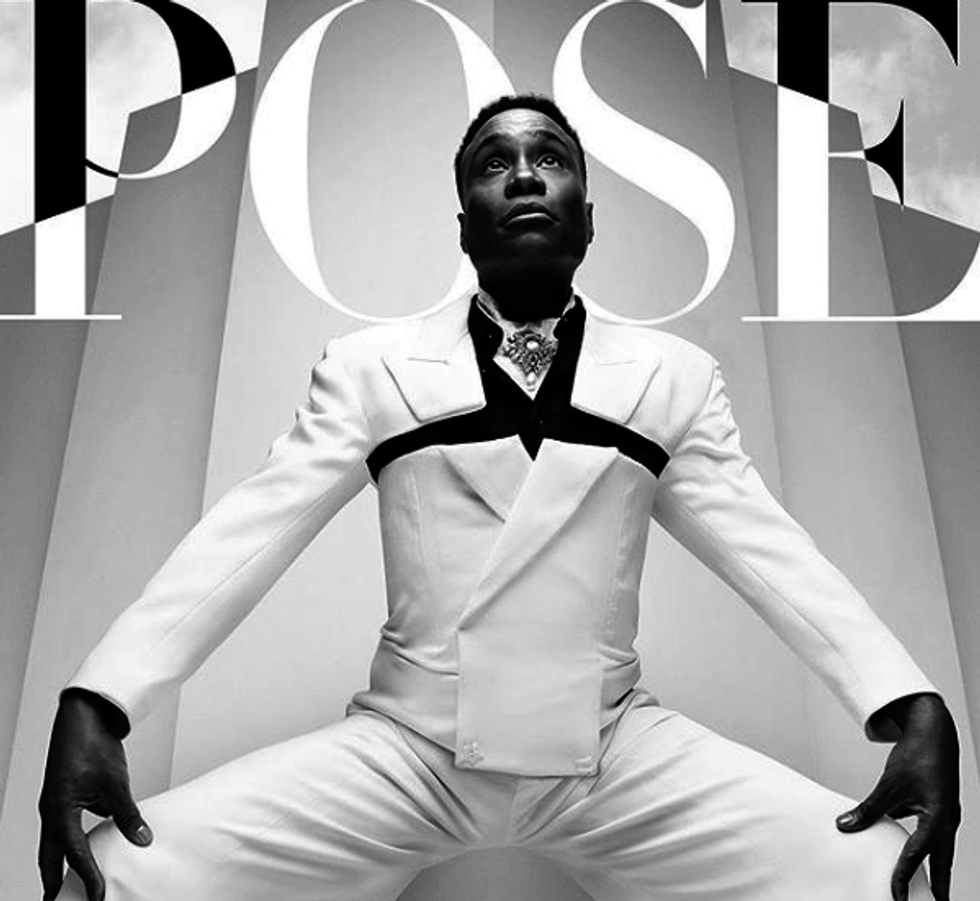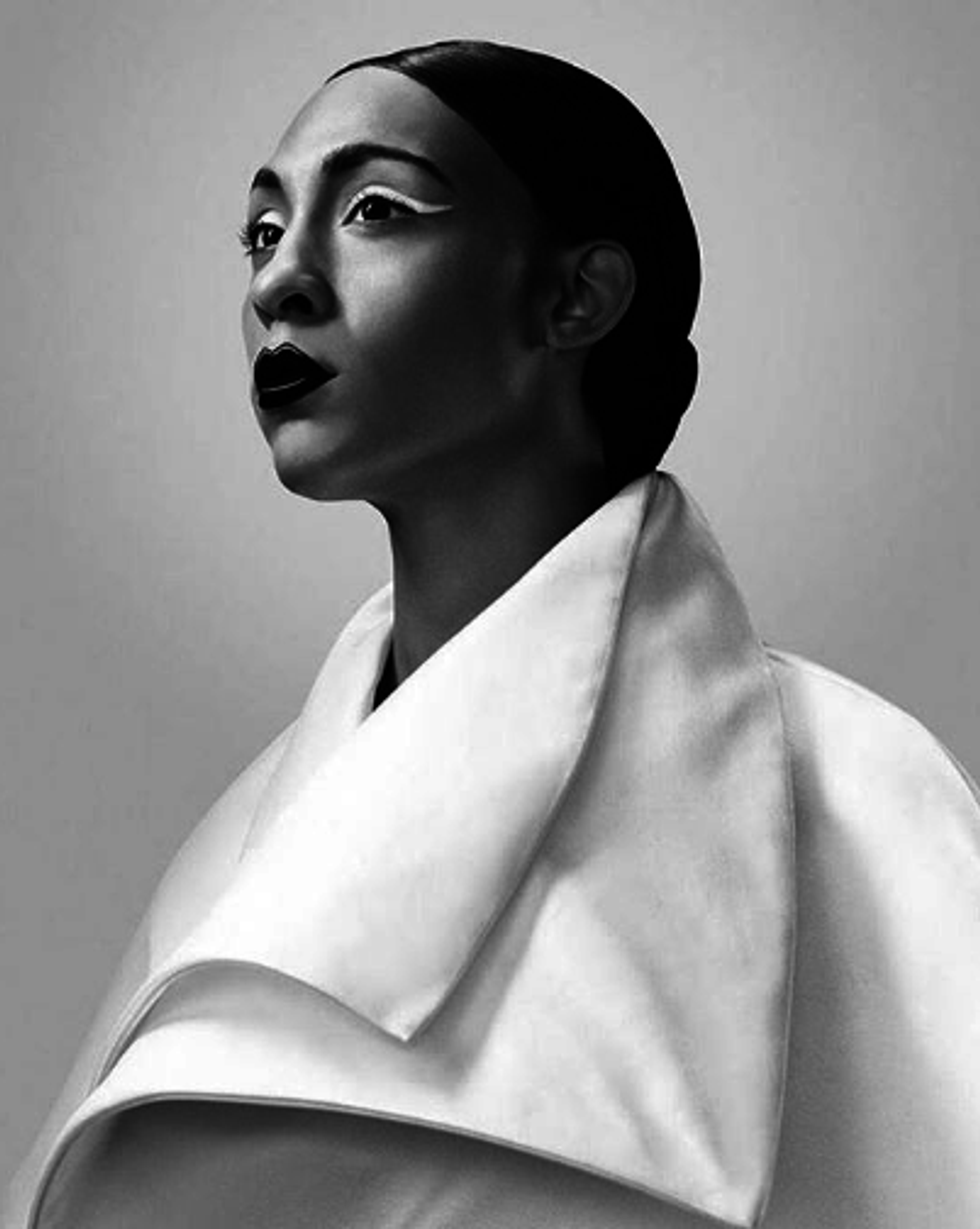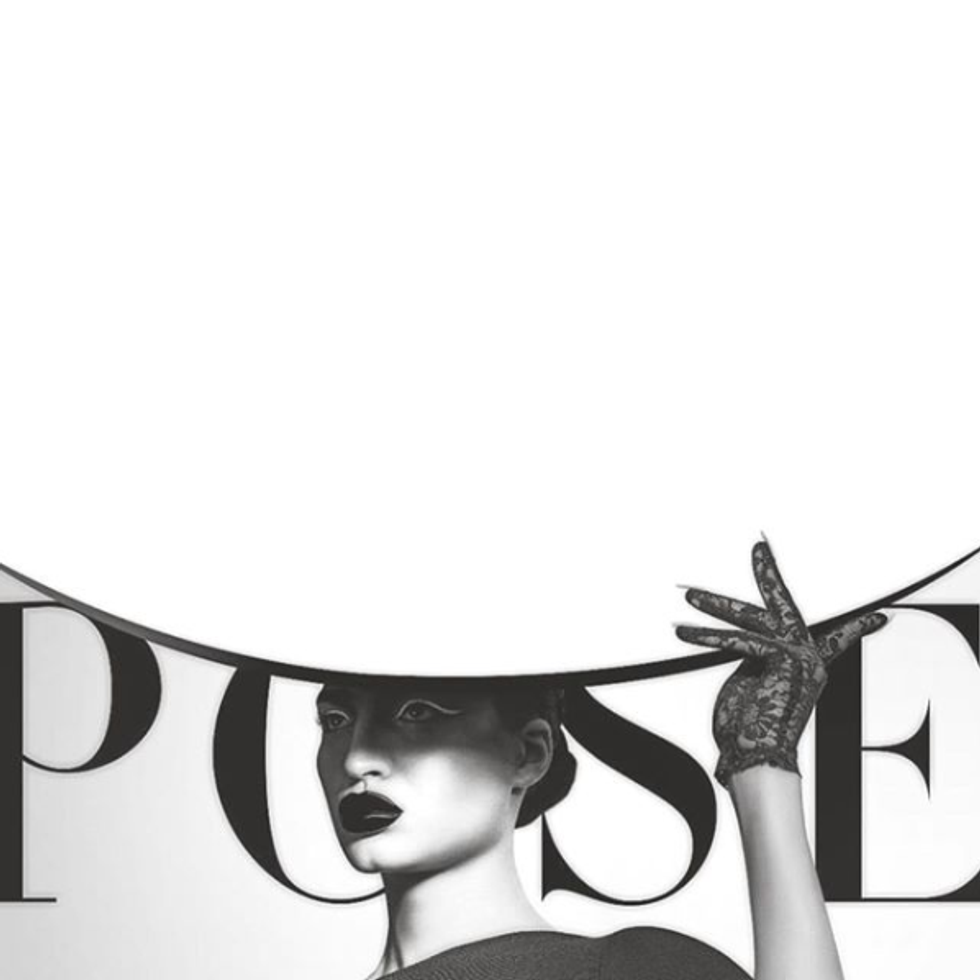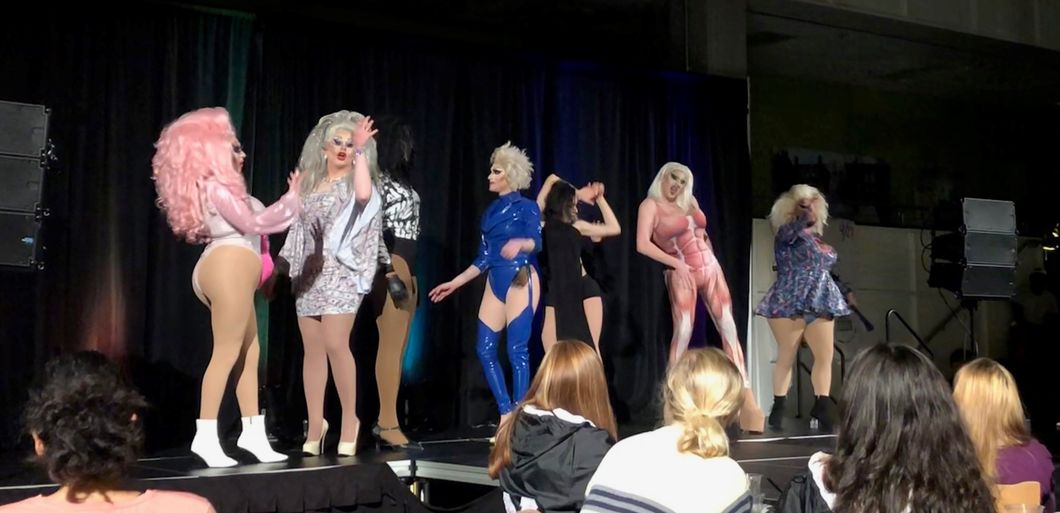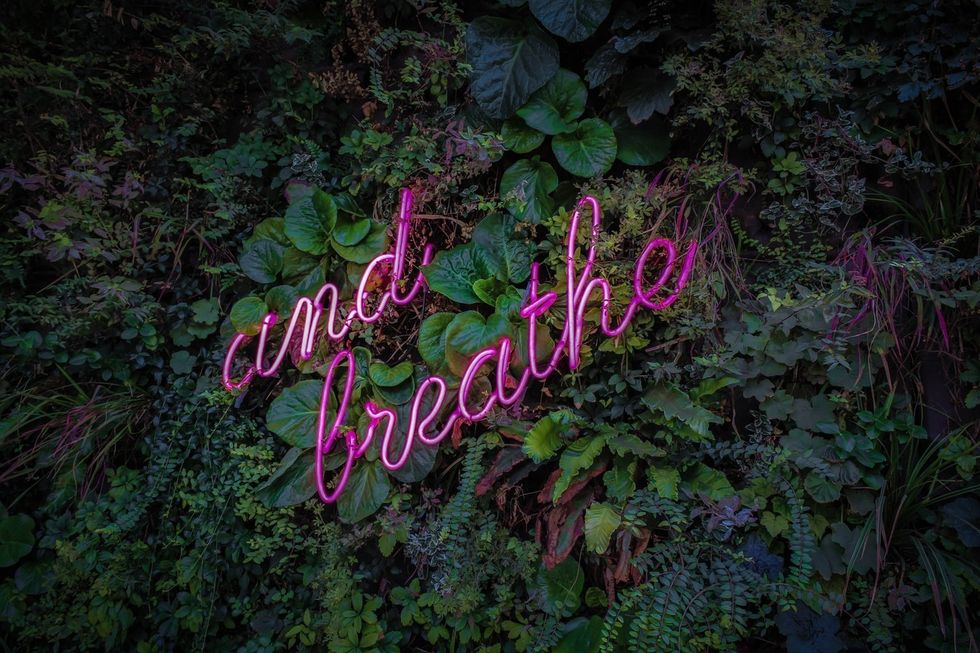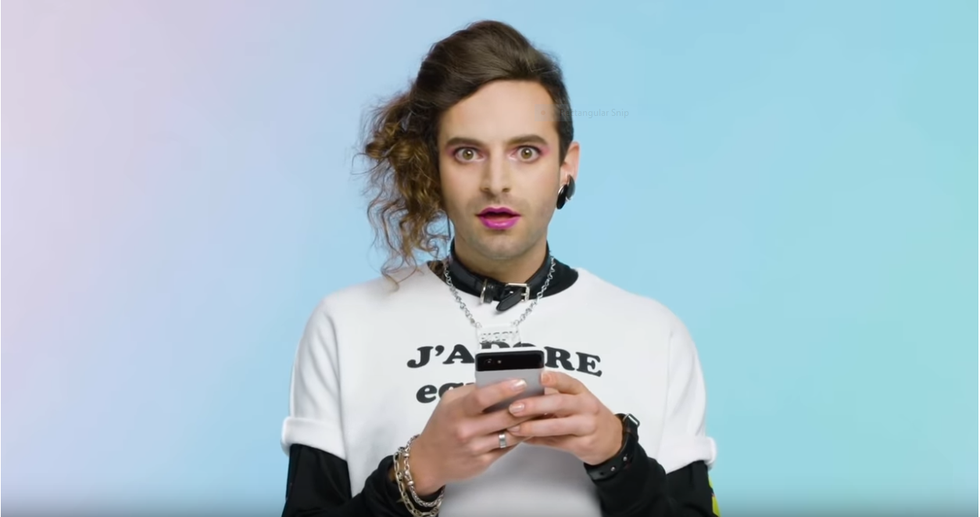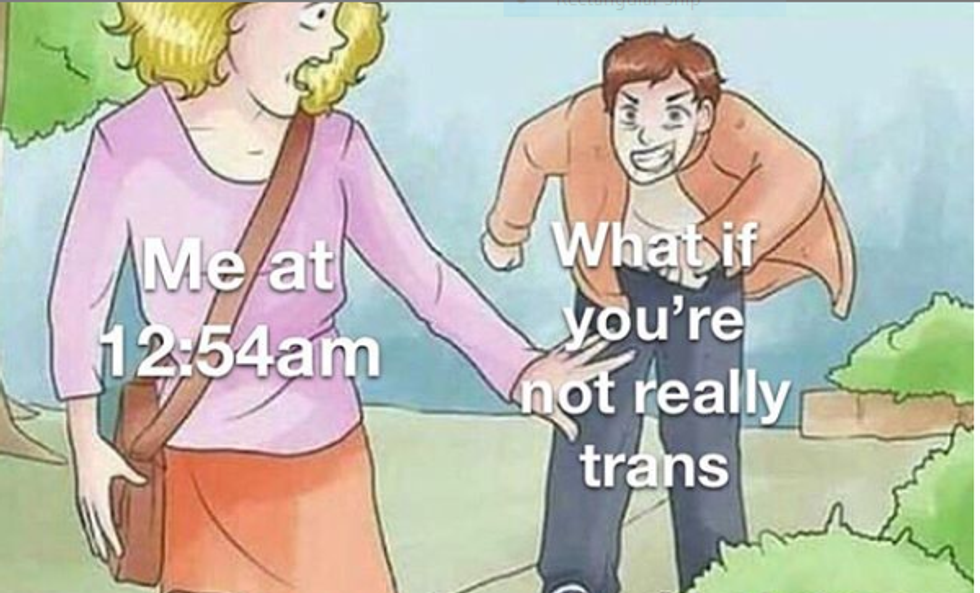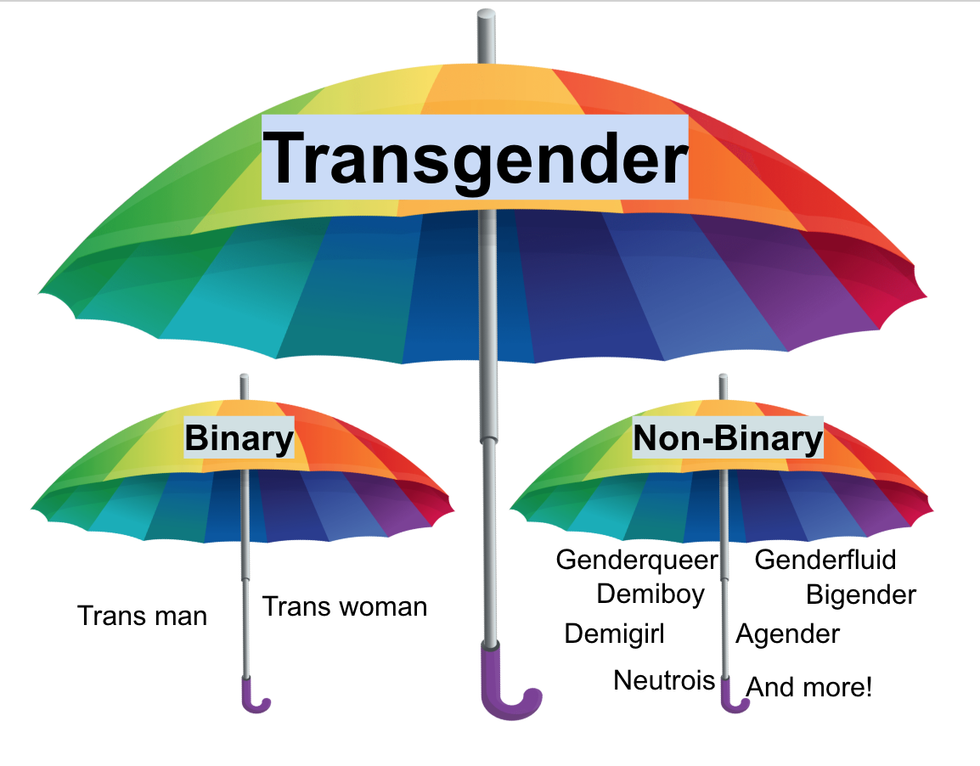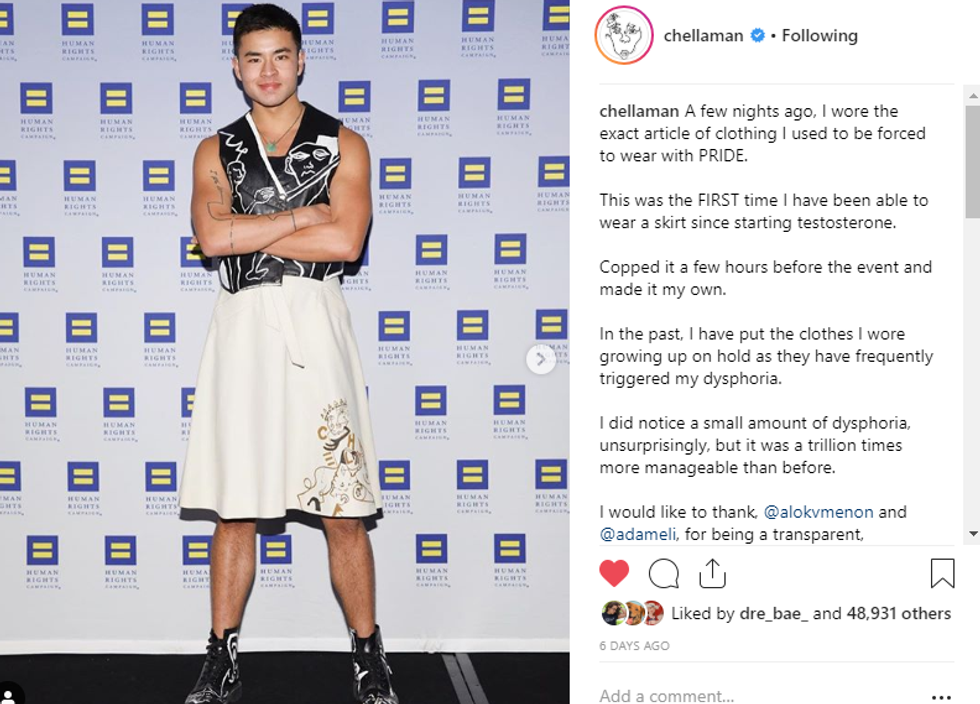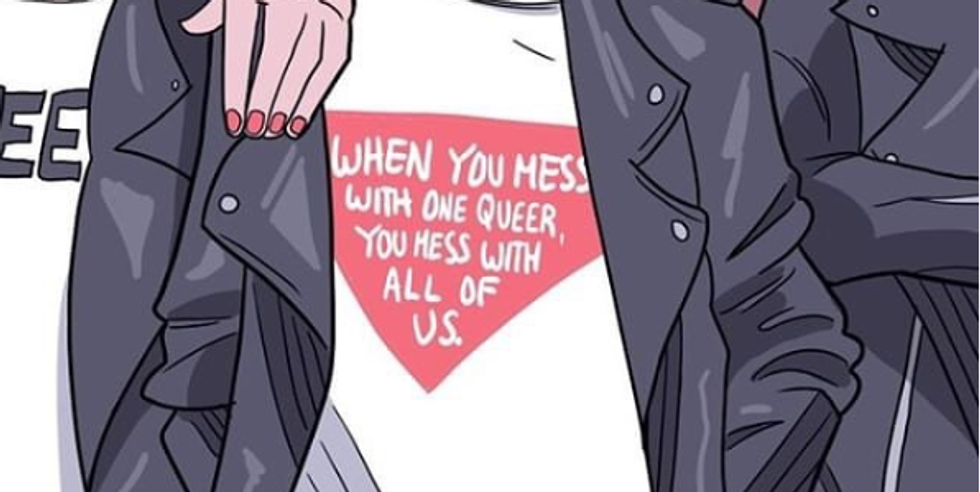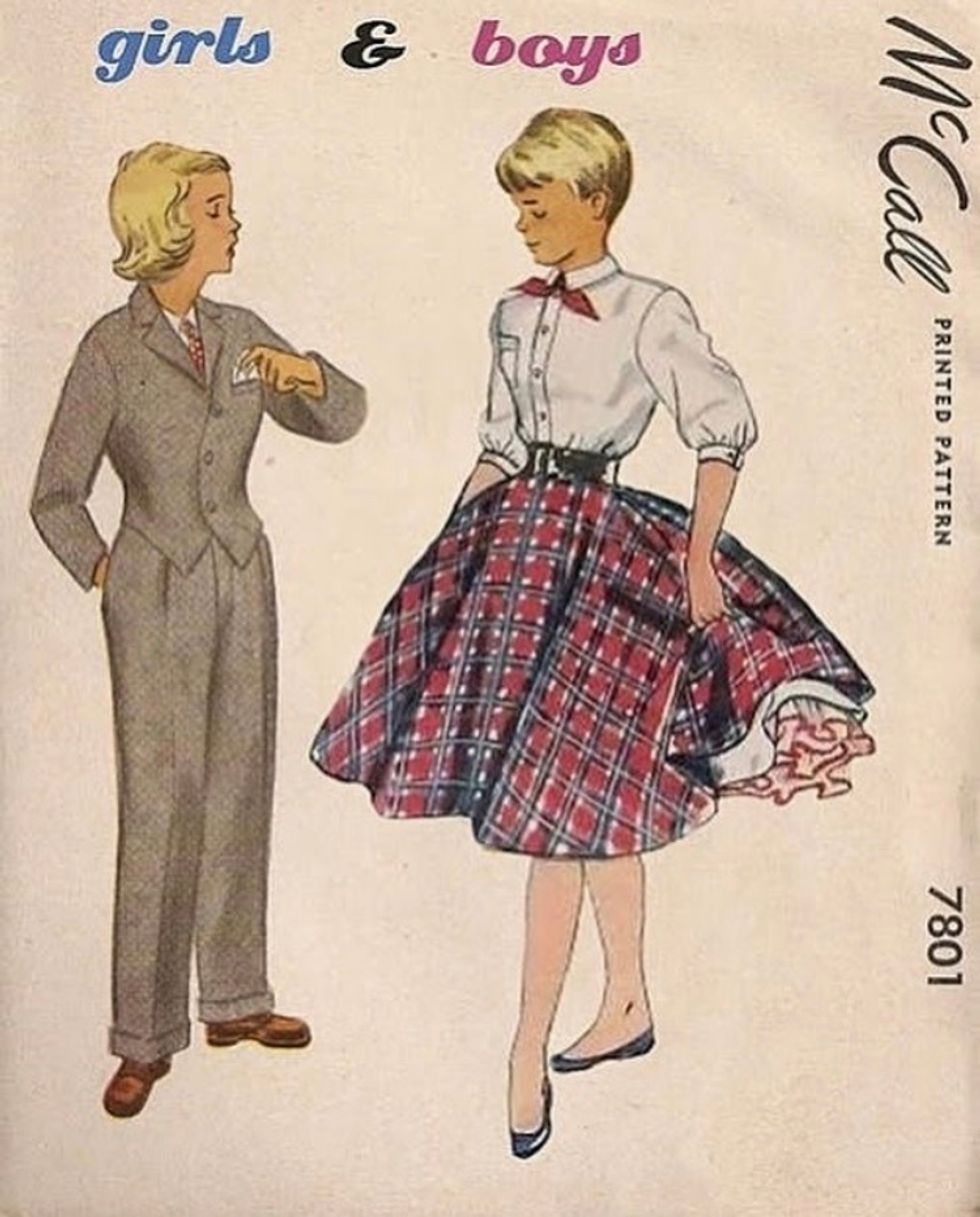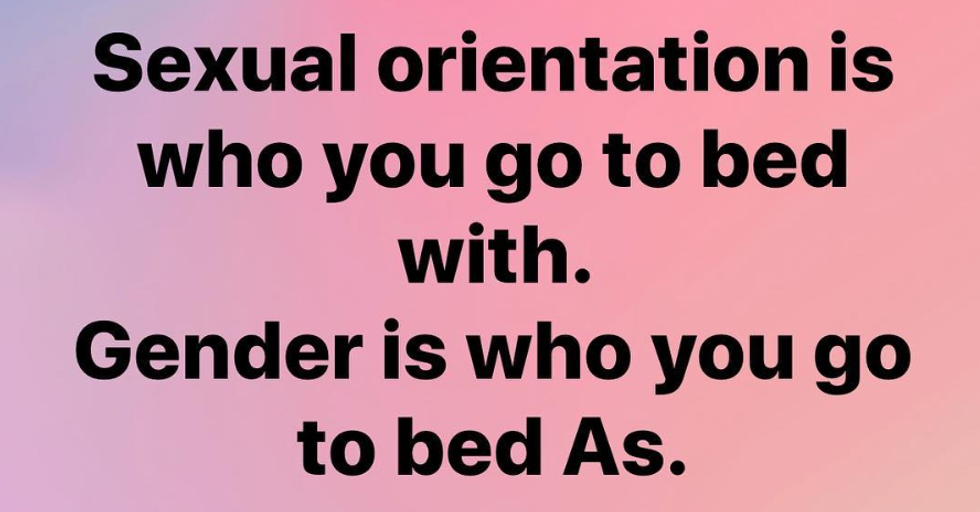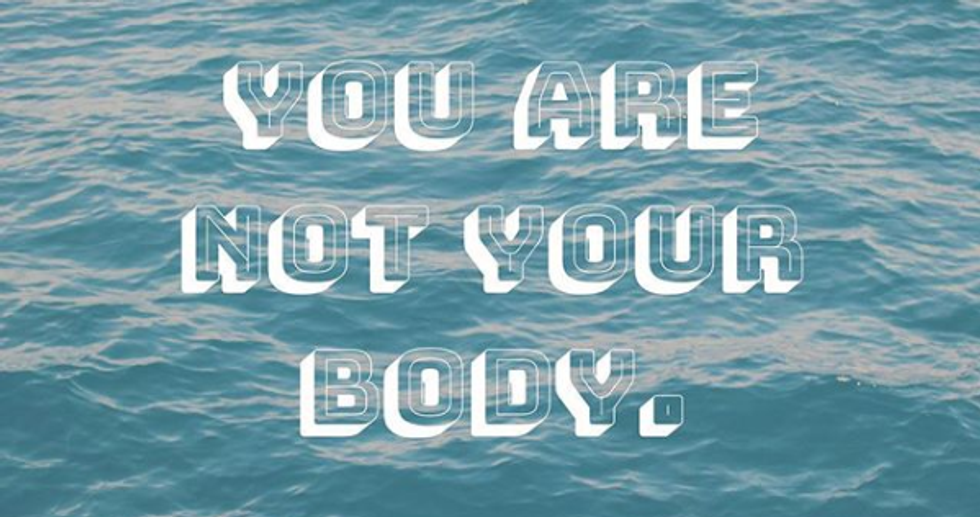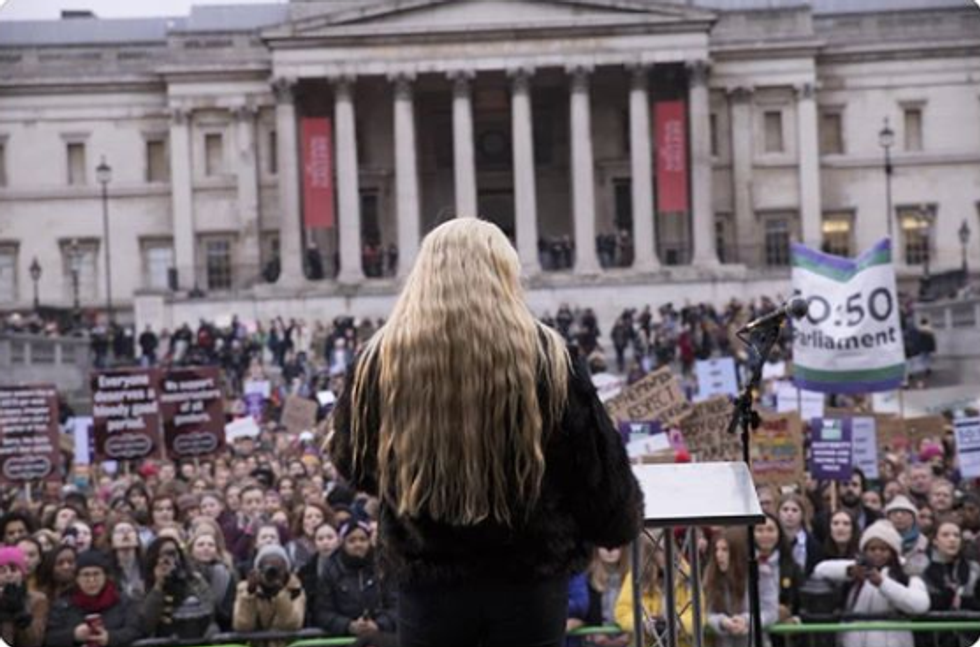The First Brick Wasn't Thrown At Stonewall Just So We Would Forget It 50 Years Later
This year marks the 50th anniversary of the Stonewall Riots; an event we should never forget.
Back in the fifties and sixties, it was very difficult (if not impossible) to be openly gay. Homosexuality was illegal in America and it was considered a mental illness. In fact, the American Psychiatric Association didn't remove homosexuality from its list of mental illnesses until the seventies. Gay bars were frequently raided and gay men were taken to jail in busloads. The Stonewall bar in New York City's West Village was frequently raided.
On the night of June 28, 1969, a raid began just like any other. However, this night was going to pan out quite differently. As people were escorted out of the bar in handcuffs, something happened that changed history. The gay men, drag queens, trans women, and other LGBT people there had enough. It was time for them to fight back and that's exactly what they did. Riots eventually broke out. It's unclear as to how the riots got started or who was the initiator. What is clear, however, is this event was the turning point of the gay rights movement and pride as we know it.
Marsha P. Johnson is one of the prominent figures in the Stonewall Riots. She was a transgender woman who attended Stonewall after they began allowing women and drag queens inside. Johnson is often cited as being the one who started the uprising on the night of June 28. However, according to Johnson herself, this is not true. In a 1987 interview, Johnson said that she didn't arrive at Stonewall until 2:00 in the morning after the riots had already started.
This myth about Johnson's role in the Stonewall riots played a part in the backlash following the release of a film about the uprising. "Stonewall" was released in 2015, and while Johnson does have a part in the movie, many claimed it wasn't big enough. Much of the criticism centered around the fact that a fictional white man was the main focus of the film. He is the one depicted throwing the first brick, initiating the riots. People accused the film of "whitewashing" the events that occurred.
Many claimed that Johnson should've been depicted throwing the first brick, even though she stated several years ago that it didn't happen. Many debate as to whether bricks were thrown at all. If you ask me, the backlash was the result of nonsensical outrage culture. The truth is, we don't know enough about the riots to make a completely factual film depicting it. There was another film about Stonewall made in the nineties, which also had fictional characters. I see no problem having a white gay cisgender male character as the center of the film. Believe it or not, there were plenty of them in New York City during that time as well.
The nonsensical outrage culture doesn't just include the radical left. There is a radical right as well. The radical right has been more and more vocal of their criticism of Pride as the years progress. The truth is, their criticism shows extreme ignorance when it comes to Stonewall and why it led to gay pride. This happened during a time when the American culture and system were treating homosexuality as something to be ashamed of. When gay people began saying they were "proud" to be gay, they were actually saying they weren't ashamed of being gay.
There was a recent news story which claimed that a few straight men in Boston were pushing for a straight pride parade. This is another example of ignorance and lack of education regarding Pride's origin and the reason behind it. Pride doesn't exist solely to celebrate the LGBTQ community, there's more to it than that. Black History Month doesn't exist solely to celebrate black people, there's more to it than that. Along with ignorance, this is also an example of the entitlement and unrealistic sense of inclusivity many seem to feel now. Not everyone deserves a medal or a trophy. That's not how the real world works.
Many people on the far right also claim since we've made so much progress in America, we don't need Pride anymore. I disagree because things are still not perfect in America. Young people are still sent to conversion therapy and homeless LGBTQ youth is still a huge issue. Even though we now have marriage equality in America, many religious people are pushing for "religious freedom" bills. These bills will allow bakers to cite religion as a reason for not baking a wedding cake for a gay couple. Even though it doesn't say anything in the Bible about gay wedding cakes.
There are also places outside of America where LGBTQ people have it far worse. In the Middle East, LGBTQ people can face caning and even death in places where Sharia Law is enforced. Sharia Law is a set of rules which come from the religion of Islam. This sort of hateful and violent ideology is what led to the Pulse nightclub shooting in 2016. Even though the shooter was born in America, he was raised as a Muslim. He pledged allegiance to ISIS during his 911 call to police. While not all religious people are hateful, radical religious extremism still threatens the LGBTQ community around the world.
While nothing will ever be perfect, I still think Pride should continue even if things were. One of the great things about Pride today is the celebratory nature of the parades. What started as a protest evolved into a celebration of how far we've come. As far as I'm concerned, if we don't learn from history and remember our history, we risk repeating it. This is why the Holocaust and September 11 should always be remembered. This is why we need Black History Month. This why we're always going to need Pride month.
The Stonewall riots of 1969 are a significant moment in our history. It was the official turning point of the LGBTQ rights movement and helped bring us to where we are today. While there is still much more work to be done, we should all take pride in who we are and how far we've come. We should also educate those who don't know about Stonewall, so Pride won't have such ignorant misconceptions. We should also learn from the times and what people were fighting for. Let's treat others the way we want to be treated and be the change we wish to see in the world. I think that would be a great way to celebrate the 50th anniversary of Stonewall.



